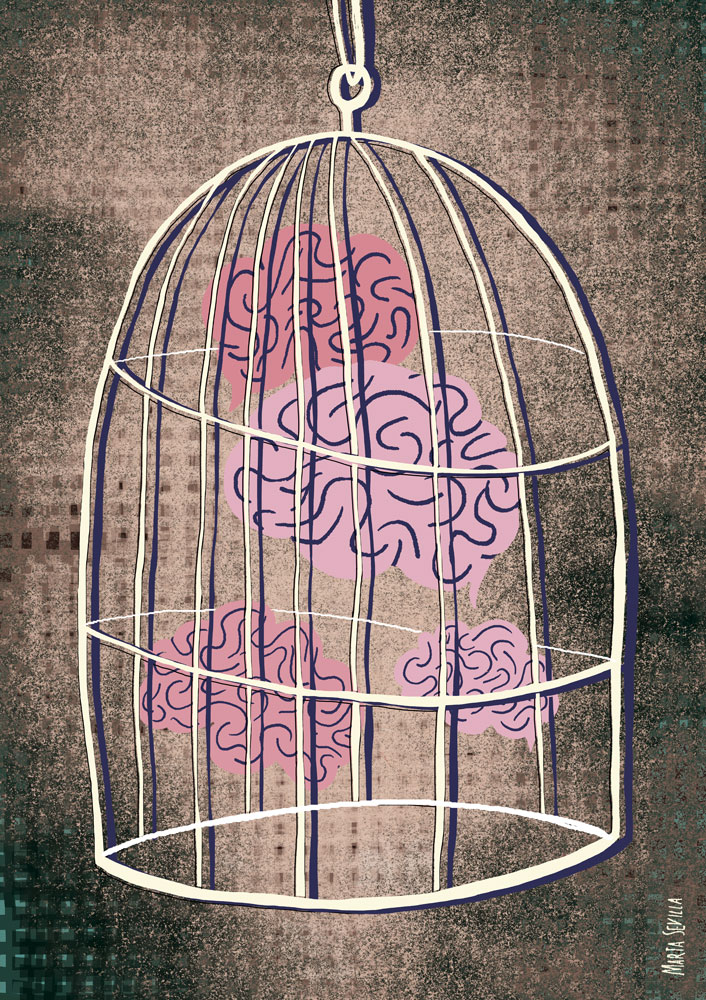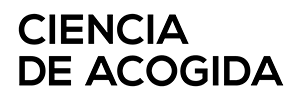The multidisciplinary research during the post-war period bears the name of Faustino Cordón. A researcher in the fields of pharmacy, chemistry, and biology, he also studied drawing in Paris. The Spanish Civil War erupted burst when he was in his laboratory of the Institución de Libre Enseñanza, where he was preparing his doctorate. Due to his expertise in chemistry, the government of the Second Republic appointed him director of the war industry. Once the war was over he was arrested in Alicante and confined in several concentration camps until 1941. After his release he resumed his studies and research, discovering insulinase, as well as one of the references of the evolutionary biology in the country.
Without changing subjects, the current knowledge in organic chemistry would have not been the same without the contributions of Ignacio Ribas Marqués (student of Antonio Madinaveitia) who studied the role of hormones in insects as well as plant alkaloids. He discovered several active ingredients that he named santiaguina, pontevedrina, orensina y coruñina [after the four provinces of Galicia].
Química española de calidad

